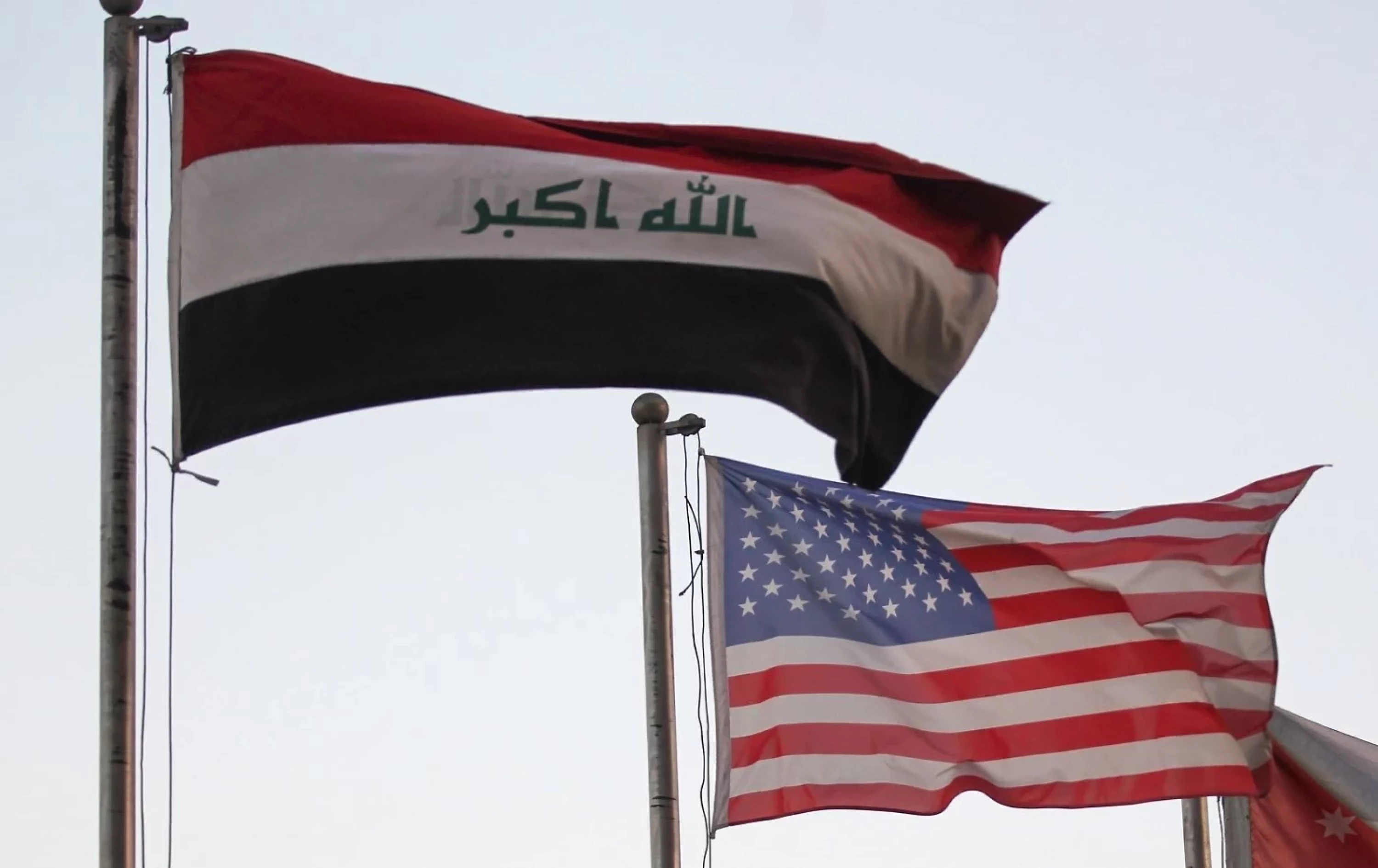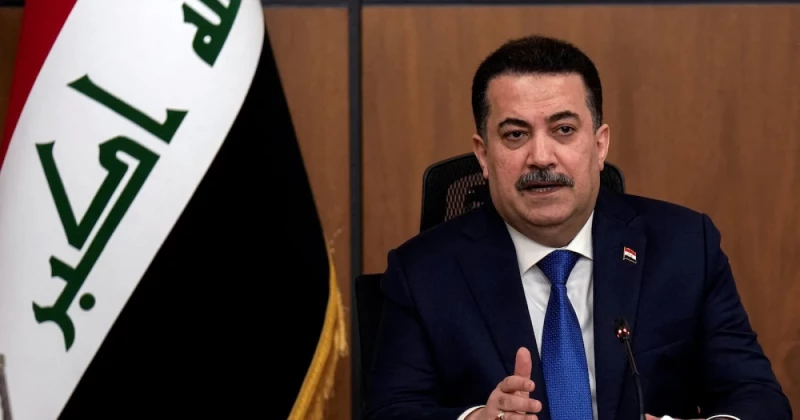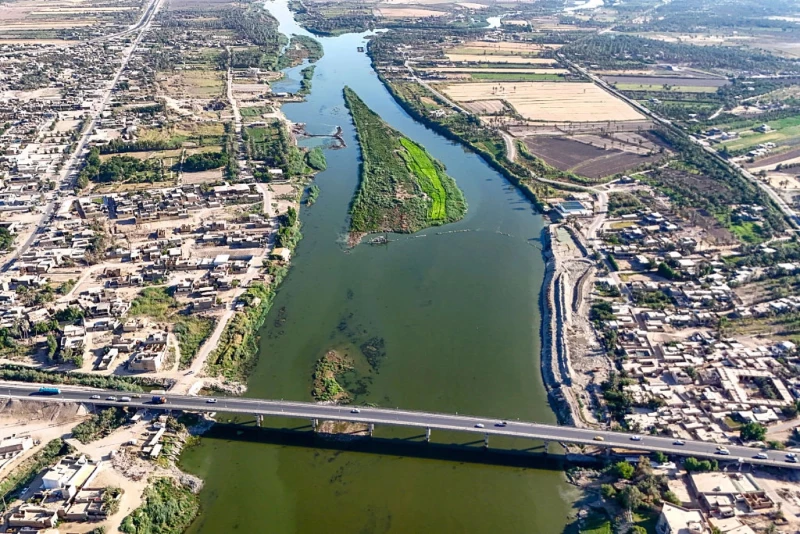ERBIL, Kurdistan Region of Iraq – The US State Department has approved the possible sale of military communications technologies to Iraq worth $100 million, the Pentagon said Thursday.
Iraq had requested to buy several technologies, including Radio Access Points (RAP), radio repeater systems, and numerous other radio and camera equipment from the US “to support a Country Wide Repeater System,” according to the statement.
“The proposed sale will improve Iraq’s critical command-and-control capabilities, bolstering its defense against regional threats. This strengthens Iraq's ability to protect its borders, energy infrastructure, and residents, while advancing US security interests. Iraq will have no difficulty absorbing these articles and services into its armed forces,” the Defence Security Cooperation Agency (DSCA) said in a statement.
A repeater receives radio signals and boosts them, sending them back out over a much larger area. When repeaters are linked across the country, they create a nationwide communication network.
The DSCA is part of the Department of Defence and operates under the Pentagon’s authority. It handles America’s military cooperation with other countries.
“The proposed sale of this equipment and support will not alter the basic military balance in the region,” the statement added.
The deal is estimated to cost $100 million, and the primary contractor will be the New York-based L3Harris Corporation.
Implementation of the proposed sale requires the assignment of two US government and five US contractor representatives to Iraq for five years to support quarterly program management, provide engineering consulting and technical assessments for equipment upgrades, and in-country training, according to the DSCA.
The Agency notified Congress of the possible sale on Thursday.
Baghdad and Washington’s relations are based on the Strategic Framework Agreement (SFA), which guides a partnership focused on security, economic, and cultural cooperation. The security relationship has also transitioned from combat to one of advising and assisting, while cooperation is expanded in areas like counter-terrorism, energy, and education.



 Facebook
Facebook
 LinkedIn
LinkedIn
 Telegram
Telegram
 X
X


